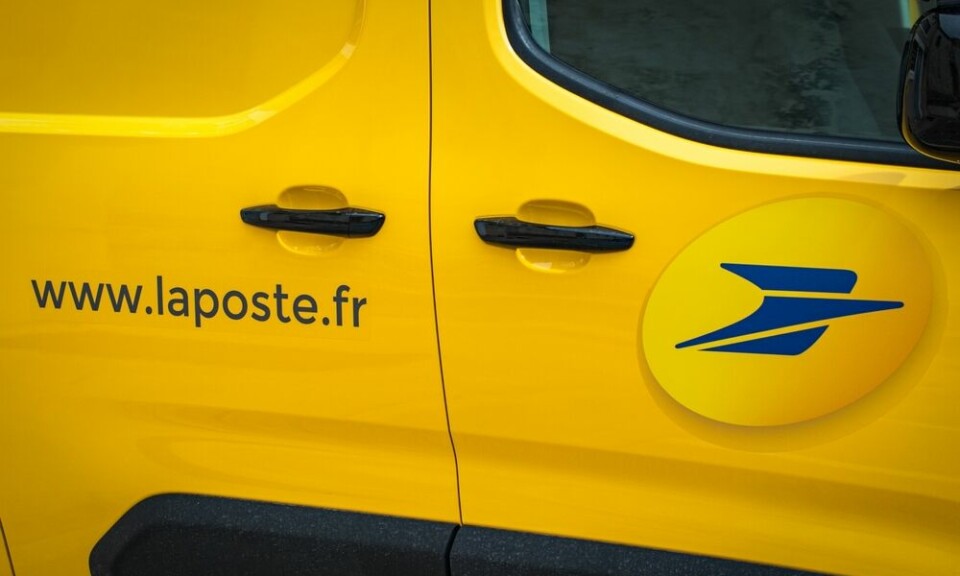-
Why your home insurance in France is likely to increase
Climate change-related claims cost more than €5 billion last year
-
Mushroom contamination makes French couple’s home a ‘health risk’
The issue could cost the couple €50,000 to fix
-
Seven key points to consider before you begin a home renovation project in France
Ask what work is needed, how to avoid scams, and the savings available, advises a consumer group
Reality of ‘virtual viewings’ when property buying in France
Virtual viewings are a great tool but they should not replace a physical viewing of the property says Barbara Heslop of Heslop & Platt

Reader question: I am looking to buy a holiday home. Covid has prevented me from travelling to view properties but I have identified a few online which are of interest. One estate agency offers virtual viewings and has told me that people are buying after just a virtual viewing. I’m nervous of doing this. Have you any advice?
The pandemic has frustrated the plans of many buyers in 2020, especially non-resident buyers unable to travel easily to France.
The purchase of any property is not something which should be done purely on the basis of a virtual viewing. You need to explore the precise location, see what land or buildings are nearby, and check out the wider area to make sure it will meet your requirements.
It is easy to fall for a property which may look perfect on paper. Even a comprehensive virtual tour may omit important aspects.
The proximity of a church or historic monument may not be obvious but this may mean stricter planning rules could frustrate future plans to alter or extend. Similarly, a virtual tour will not reveal noise or unpleasant odours from nearby farming or industrial activities.
Given that many estate agencies and notaires are now geared up to accept electronic signature of a purchase contract (compromis de vente) you could become committed to the purchase without having set foot inside the property. The circumstances in which you would be able to withdraw from the purchase once a 10-day cooling off period has expired are limited.
A subsequent decision not to proceed with the purchase is likely to result in you losing your deposit and, in many cases, also being required to compensate the estate agency. A seller could even apply to the local French court to force you to complete the purchase.
In conclusion, do not be tempted to make an offer on a property unless you are able to view it in person before you sign the contract. The risks of doing otherwise are simply too great.
Related stories
Can buyers of our house start work on it before completion?
























